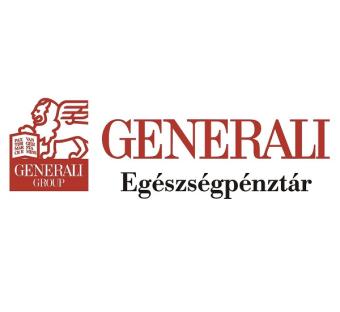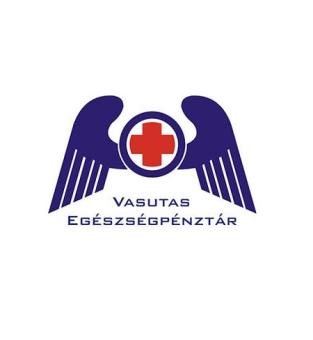In general, oral surgery refers to treatments involving the jawbones and the soft tissues around the oral area (salivary glands, gums, lips), although nowadays many overlapping areas exist between oral surgery and other fields within dentistry. Thus, oral surgery includes many procedures, for example the extraction of teeth and roots through simple or surgical methods, root tip resection, extraction of wisdom teeth, the treatment of broken jaws or other injuries caused by accidents, maxillary sinus surgery, the treatment of oral tumors, salivary gland diseases, dental implants, dental preparations.
Why is it necessary to extract teeth?
The extraction of teeth may be necessary in the case they appear to be moving, are severely inflamed, or the root is injured and cannot be saved using other treatments. It may also be required if the tooth crown is destroyed by severe decay, making fillings and other conservatory treatments, as well as root canal treatment impossible. Tooth extraction may also be necessary if the number of teeth in the mouth exceeds that needed for cosmetic and functional reasons, or in the case of protruding or slanted teeth.
The extraction stops the inflammation and pain experienced by the patient in most cases.
When does it become necessary to extract wisdom teeth?
Wisdom teeth extraction is not necessary if there is sufficient space in the oral cavity, because this allows them to erupt properly, and take part in mastication. If the wisdom teeth has properly come out, it makes satisfactory cleaning possible, therefore enabling it to become a strong and durable tooth, making it able to fulfill its function. In case, however, there is no sufficient space available, and the tooth is partially covered by the gums, bacteria from the mouth can reach the area between the tooth and the gum and lead to inflammation from time to time. Thus, if the complete eruption of the wisdom tooth seems unlikely, surgical extraction of the tooth is advised to inhibit any future symptoms.
Orthodontists can advise the extraction of wisdom teeth to achieve and maintain the desired result. It is also advisable to extract the wisdom teeth in case of severe decay or periodontal disease. In case the neighboring tooth is decayed, and the wisdom tooth is in the way during treatment, it is also advised to extract the wisdom tooth in order to save the decayed tooth.
How do extractions happen?
The first phase of extractions is local anesthesia, to make the procedure painless for the patient. For more complicated procedures, the use of general anesthesia is also possible. After anesthetics have been administered the tooth and the root are extracted using special tools. During extractions of the upper teeth, the use of an extraction forceps is usually sufficient. The lower teeth are usually more difficult to extract, and may require the use of a dental elevator. After the extraction, the wound is cleaned using a curette and the bleeding is stopped.
In case the extraction proves to be difficult due to a curved root, or a not completely erupted tooth, the extraction is possible through surgical methods. More serious procedures may cause a swelling of the face, this may require antibiotic pain relief.
What is root tip extraction?
In case inflammation occurs after root canal treatment, a surgical procedure, root tip resection is advised in order to conserve the tooth. This procedure includes making small incisions on the gum, through which the inflamed area and the root tip can be extracted.
When is maxillary sinus surgery necessary?
The maxillary sinus is located in the upper jawbone, above the teeth. Maxillary sinus surgery is necessary in case the sinus is opened. The maxillary sinus can become open if there are complications following the extraction of molars. If the maxillary sinus is open, a connection between the oral cavity and the maxillary sinus is created through the place the tooth used to occupy, and the food ingested may exit the body through the nose. This can cause various bacteria to enter the maxillary sinus, causing inflammation and mucus.
During maxillary sinus surgery, incisions are made in the gum where the tooth used to be, creating flaps which can be sewn together to close the connection between the maxillary sinus and the oral cavity. The sutures are removed after 1-2 weeks. If the maxillary sinus remains open, ingested food or drink can enter the nasal cavity, leading to chronic sinusitis, requiring otorhinolaryngological treatment.


















